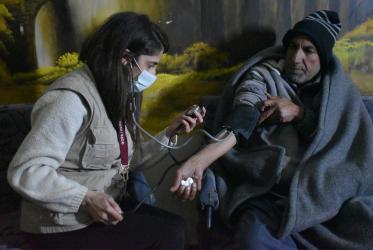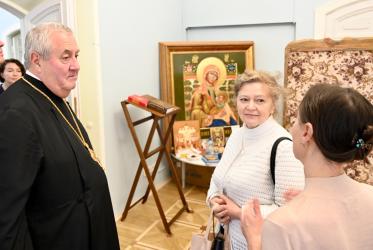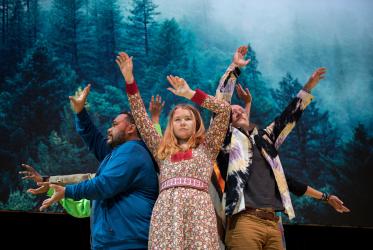Displaying 1 - 18 of 18
Christian Aid commissions ‘requiem for the climate’
17 February 2020
WCC well-represented in Religions for Peace leadership
07 October 2019
Behind-the-scenes in the kitchen at Bossey
15 August 2019
Interfaith Rainforest Initiative expands
12 February 2019
Tveit on the “Ten Commandments” of food
26 January 2016
COP21: how climate change affects access to our daily bread
09 December 2015
Patent agreement welcomed as step to improve HIV treatment
30 November 2015













